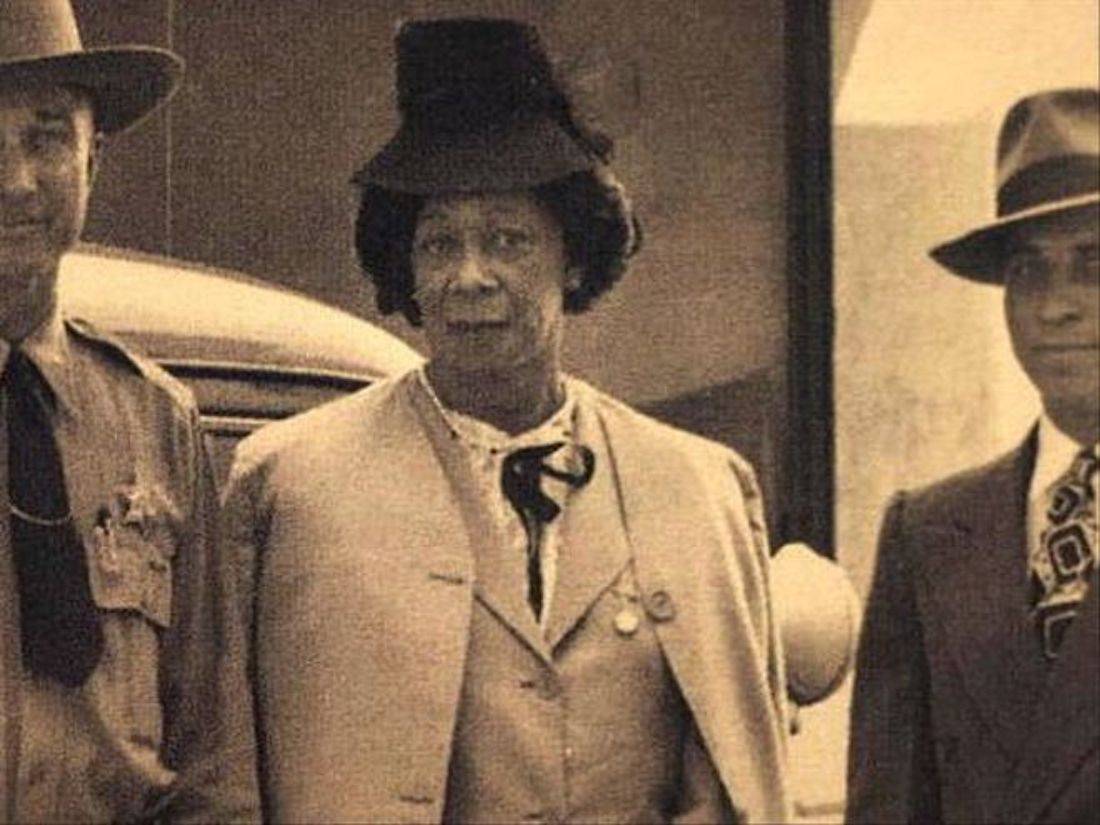Lucy Hicks Anderson Arrested for Marriage Perjury
Nov 24, 1945

Most people believe the gay marriage movement started to heat up in the 1980s and gained momentum in the 2000s. However, our understanding of this movement is incomplete without going back to the 1930s to learn about the case of Lucy Hicks Anderson, a socialite, chef, and prohibition-era entrepreneur. Anderson was born in Waddy, Kentucky, in 1886. As a young boy, she insisted on wearing dresses to school, and her doctor encouraged her mom to let her live as a female. By age 15, she changed her name to Lucy, left home, and moved to Pecos, Texas. In 1920, she met and married her first husband, Clarence Hicks, and relocated to Oxnard, California. Anderson worked as a chef, won awards for her cooking, and hosted lavish dinner parties for the wealthy citizens of her town. When she saved up enough money, she opened a boarding house as a front for a brothel. Her excellent standing in the community made it easier to run her illegal business. She divorced Hicks in 1929 and married Reuben Anderson in 1944. When there was an outbreak of sexually transmitted infections in her city, folks claimed it originated from Anderson’s business. The female employees were ordered to undergo a physical examination where it was revealed that Lucy was assigned male at birth. At the time, marriage was only valid between a man and a woman. They invalidated her marriage and arrested Lucy for perjury. The federal government tried her and her husband. During her trial, Anderson insisted, “I defy any doctor in the world to prove that I am not a woman. I have lived, dressed, and acted just what I am, a woman.” She was placed on ten years probation. One year later, they charged her and her husband with fraud because she received financial allotments reserved for wives under the G.I. Bill. So, when discussing the history of gay and queer marriage, why do we not start with Lucy Hicks Anderson? Is this not a marriage rights case? We must examine history critically, considering why our textbooks do not credit her for establishing the foundation for marriage rights. While she may not have won her case, the precedent she set of pushing up against the systems of oppression was groundbreaking. Acknowledging and honoring the contributions of our Black trans ancestors is essential to understanding and learning from our collective history.